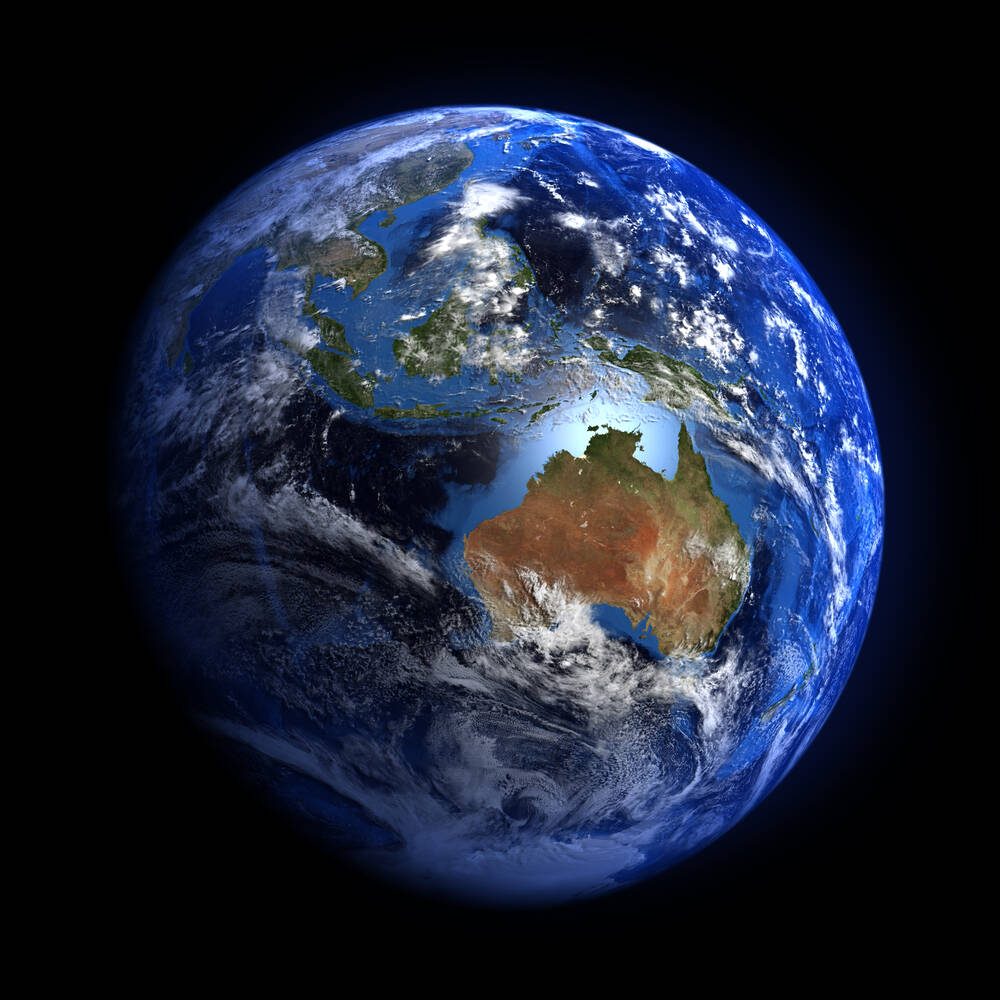Google To Lay Asia-Pacific To South America Undersea Cable

Google says it is building the first ever subsea cable connecting South America to Asia-Pacific, in partnership with Chilean state-run infrastructure fund Desarrollo Pais and the Office of Posts and Telecommunications of French Polynesia (OPT).
The 9,200 miles (14,800 km) of cable will stretch from Chile to Australia through the South Pacific.
There are already existing submarine cables across the Pacific Ocean that connect Asia and North America, including the Southern Cross Next, as well as upcoming lines like the Hawaiki Nui. Furthermore, lines like Google’s first ever private cable, Curie, already connect downward from California to Chile.
But, according to Google, Humboldt will interconnect the cables that comprise the South Pacific Connect initiative, which was announced in October, and add on to link French Polynesia to Chile, thus creating a more direct route from Australia to South America.
Desarrollo Pais and Singapore-based BW Digital subsidiary H2 Cable issued a request for proposals to build the cable in August of 2022. The planned pipeline route connected Valparaiso, Chile, to Sydney, Australia, with potential branching to Chile's Juan Fernandez archipelago, Easter Island, New Zealand, and internet-starved Antarctica.
- China offering ten nations help to run their cyber-defenses and networks
- US, Australia solicit Google's help with Pacific subsea cable project
- China sought control of submarine cables to spy, says Micronesia
- Google sinks cash into more submarine cables, plans more data centres
- New cable incoming! Hawaiki Nui set to connect Sydney, Singapore, and LA by 2025
"A direct fiber optic network link between South America and the Asia-Pacific region has been an ambition of the Chilean government since 2016, and we’re partnering to turn this vision into reality," says Google in its post.
According to Desarollo Pais, the $400 million cable will "position Chile as the gateway to Latin America for data transport from Asia Pacific."
President Moetai Brotherson of French Polynesia said the Humboldt project would "continue advancing French Polynesia's digital economy and keep Tahiti on the cutting edge of innovation."
Desarrollo Pais general manager Patricio Rey Sommer revealed the project is now entering materialization phase, after years of "dedicated work." It is slated for completion in 2026.
The US State Department commented of the project: "The Humboldt cable represents a concrete example of the potential for greater economic cooperation in the Americas."
It added that The Bureau of Cyberspace and Digital Policy (CDP) plans to contribute $15 million "to enable access to fast, secure, interoperable, and reliable internet connectivity" in several unnamed Pacific Island countries.
"This is one way that the United States government is engaging with US companies to enable the expansion of sustainable and reliable internet infrastructure," it said.
The US does face some competition when it comes to assisting Pacific nations build infrastructure. In May 2022, China extended offers to help South Pacific nations improve their network infrastructure using its homegrown technologies.
While the help from China may be welcomed by some, others, like the former president of the Federated States of Micronesia would prefer to do without. ®
From Chip War To Cloud War: The Next Frontier In Global Tech Competition
The global chip war, characterized by intense competition among nations and corporations for supremacy in semiconductor ... Read more
The High Stakes Of Tech Regulation: Security Risks And Market Dynamics
The influence of tech giants in the global economy continues to grow, raising crucial questions about how to balance sec... Read more
The Tyranny Of Instagram Interiors: Why It's Time To Break Free From Algorithm-Driven Aesthetics
Instagram has become a dominant force in shaping interior design trends, offering a seemingly endless stream of inspirat... Read more
The Data Crunch In AI: Strategies For Sustainability
Exploring solutions to the imminent exhaustion of internet data for AI training.As the artificial intelligence (AI) indu... Read more
Google Abandons Four-Year Effort To Remove Cookies From Chrome Browser
After four years of dedicated effort, Google has decided to abandon its plan to remove third-party cookies from its Chro... Read more
LinkedIn Embraces AI And Gamification To Drive User Engagement And Revenue
In an effort to tackle slowing revenue growth and enhance user engagement, LinkedIn is turning to artificial intelligenc... Read more

